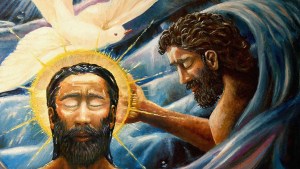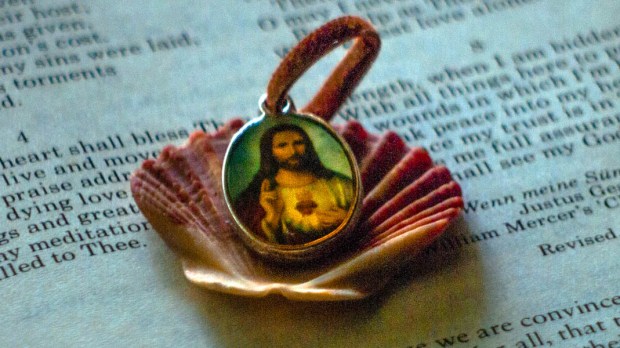In the Roman Rite of the Catholic Church, the Baptism of the Lord has been celebrated on a separate feast for many centuries. Originally it was the primary mystery celebrated on January 6 (Feast of Epiphany), but over time it was separated and assigned a different day.
In 1955 it was assigned the octave day of Epiphany, January 13, but soon after the Second Vatican Council was moved to the Sunday after Epiphany.
In this context it has always been a “Christmas” feast, celebrated within the Christmas cycle. However, it may seem a little strange to still have the baby Jesus in the manger and celebrate a moment during his adult life.
Yet, it is entirely fitting when reflecting on the central mystery being commemorated.
Both the feast of the Nativity and Baptism of the Lord highlight the humility of Jesus Christ. In both instances Jesus clearly displayed his desire to become one with us, so that he can raise us up with him.
Pope Benedict XVI explains this eloquently in his homily on the Baptism of the Lord in 2013.
Jesus shows his solidarity with us, with our efforts to convert and to be rid of our selfishnesss, to break away from our sins in order to tell us that if we accept him in our life he can uplift us and lead us to the heights of God the Father. And Jesus’ solidarity is not, as it were, a mere exercise of mind and will. Jesus truly immersed himself in our human condition, lived it to the end, in all things save sin, and was able to understand our weakness and frailty. For this reason he was moved to compassion, he chose to “suffer with” men and women, to become a penitent with us. This is God’s work which Jesus wanted to carry out: the divine mission to heal those who are wounded and give medicine to the sick, to take upon himself the sin of the world.
Jesus not only assumed our flesh at the Nativity, but became like us in all things except sin. He even was baptized by his cousin St. John the Baptist, even though he had no need for baptism.
The incarnation of Jesus is a marvelous mystery, one that reminds us of the love God has for humanity. St. Paul summarized it best in his letter to the Philippians.
Have this mind among yourselves, which was in Christ Jesus, who, though he was in the form of God, did not count equality with God a thing to be grasped, but emptied himself, taking the form of a servant, being born in the likeness of men. And being found in human form he humbled himself and became obedient unto death, even death on a cross. (Philippians 2:5-8)

Read more:
What is the Theophany?

Read more:
January 6 has been called these four names throughout history

